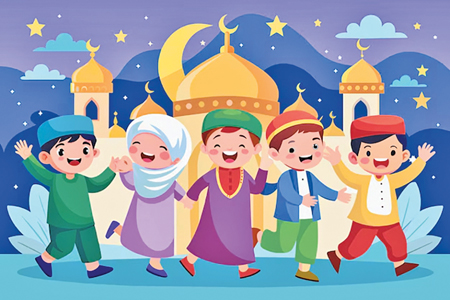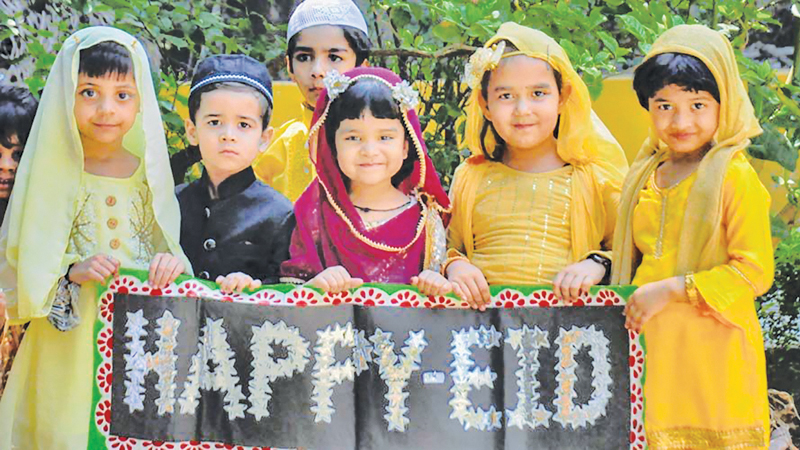Muslims in Sri Lanka will celebrate the end of fasting during the month of Ramadan, in a grand festive mood. They will gather in the Masjids in the morning for the festival prayer and meet all their relations and friends and wish each other with hugs and smiles. Perhaps some of them meet only once a year at this festival and exchange greetings warmly.
The festival of Eid-ul-Fitr, which marks the end of Ramadan, is declared after a crescent new Moon has been sighted after the completion of 29 or 30 days of fasting. Eid celebrates the return to a more natural temperament (Fitra) of eating and drinking.
The annual observance of Ramadan is regarded as one of the Five Pillars of Islam and lasts twenty-nine to thirty days, from one sighting of the crescent Moon to the next.
Fasting from dawn to sunset is obligatory for all adult Muslims who are not acutely or chronically ill, travelling, elderly, breastfeeding, diabetic, or menstruating.
Health benefits
There are some health benefits of fasting in Ramadan which is usually associated with modest weight loss, but weight can return afterwards with better feeling in health.
 Social gatherings, many times in buffet style, are frequent at Iftar (breaking the fast). Traditional dishes are often highlighted, including traditional desserts, particularly those made only during Ramadan. Water is usually the beverage of choice, but juice and milk are also often available, along with soft drinks and caffeinated beverages.
Social gatherings, many times in buffet style, are frequent at Iftar (breaking the fast). Traditional dishes are often highlighted, including traditional desserts, particularly those made only during Ramadan. Water is usually the beverage of choice, but juice and milk are also often available, along with soft drinks and caffeinated beverages.
Zakat, often translated as “the poor-rate”, is the fixed percentage on income, a believer is required to give to the poor. The practice is obligatory as one of the pillars of Islam. Muslims believe that good deeds are rewarded more handsomely during Ramadan than at any other time of the year, consequently, many Muslims donate a larger portion – or even all – of their yearly Zakāt during this month.
Tarawih are extra nightly prayers performed during the month of Ramadan. Most Muslims yearn to attend these additional prayers as he or she get the feeling of cleansing during the month with the continuous involvement in prayers.
The spiritual rewards (Thawab) of fasting are believed to be multiplied during Ramadan. Accordingly, during the hours of fasting Muslims refrain not only from food and drink, but also tobacco products, and sinful behaviour, devoting themselves to Salat (prayer) and recital of the Quran.
The month of Ramadan is that in which the Quran was revealed; a guidance for mankind and clear proof of the guidance and the criterion (of right and wrong). Allah desires not hardship for you and that you should complete the period and that you should magnify Allah for having guided you and that perhaps you may be thankful.
Quranic revelation
Muhammed is said to have received his first Quranic revelation on Laylat al-Qadr, one of five odd-numbered nights that fall during the last ten days of Ramadan.









